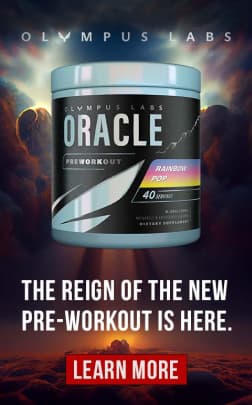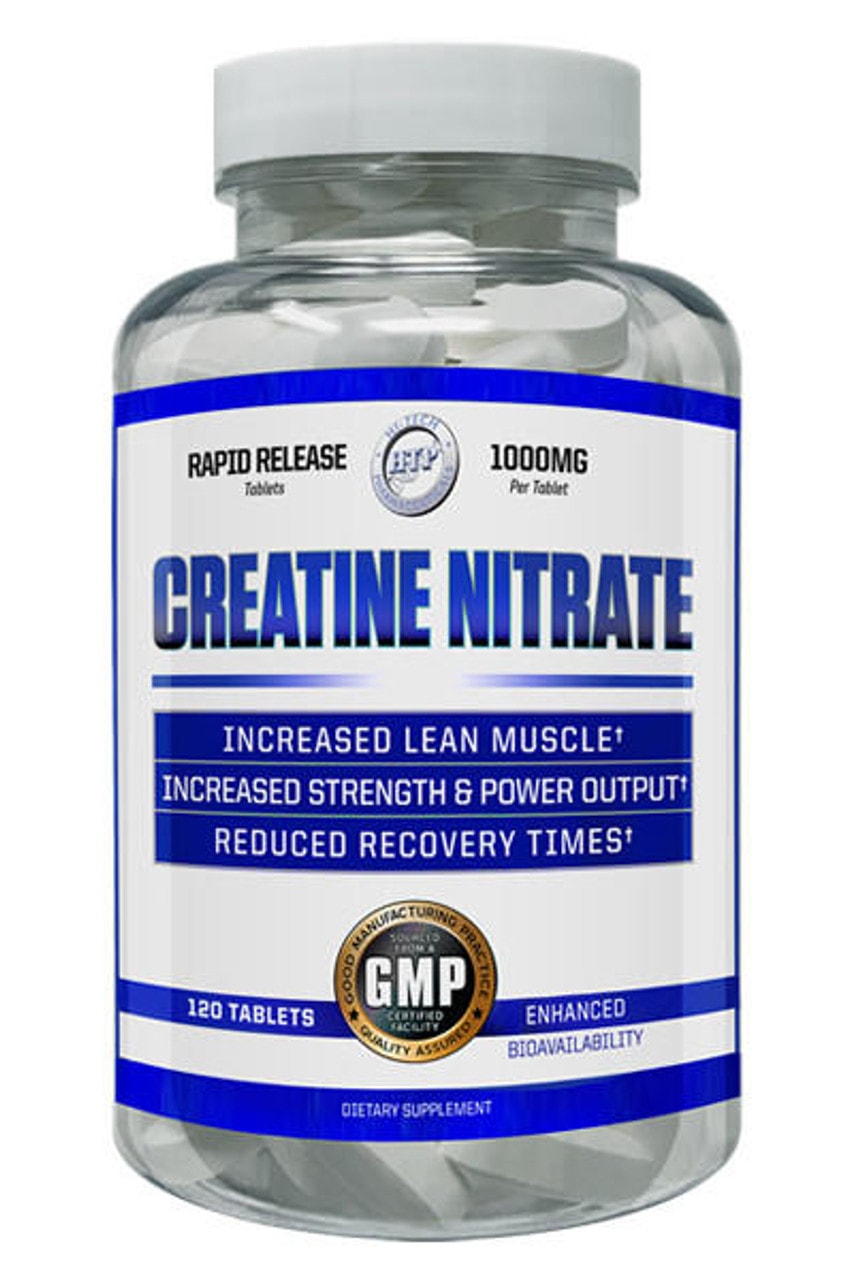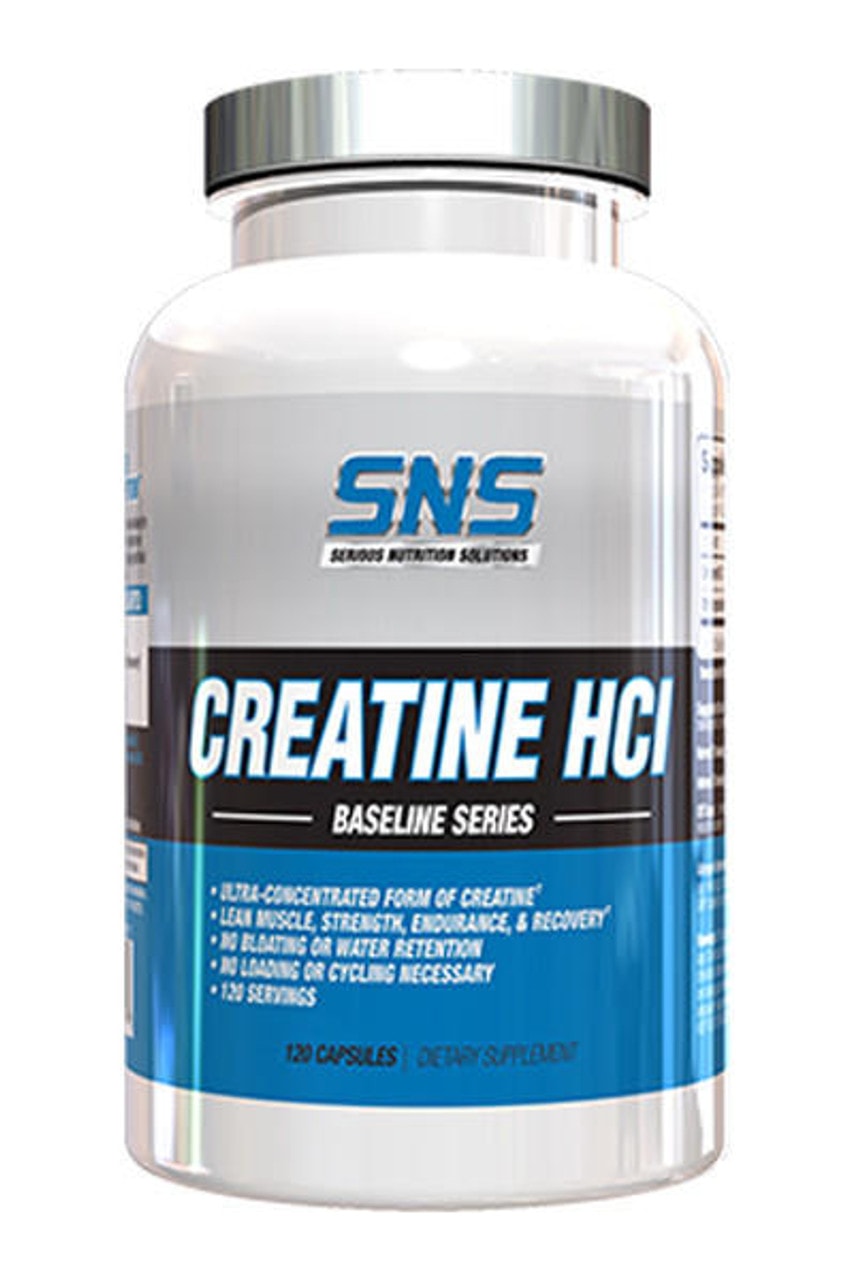Creatine Pills Explained: Benefits, Types, and How to Use Them
Posted by Leonard Shemtob on Jul 30, 2024
Creatine pills have become a popular supplement among athletes and fitness enthusiasts looking to improve their performance and build muscle. But what exactly are creatine pills, and do they really work?
Unlike creatine powder, which requires mixing with liquid, creatine pills offer a convenient and easy way to get your daily dose of this powerful supplement.
This article will delve into the world of creatine pills, exploring their benefits and types, potential side effects, and how to use them effectively.
[Related Article] Creatine Vs Pre-Workout: Which One is Better?
Short Summary
- Overview of Creatine Pills: Understand what creatine pills are and how they function to support muscle growth and enhance workout performance.
- Types of Creatine Pills: Explore the different types available and how they impact absorption and effectiveness.
- Benefits: Learn about the key advantages of using creatine pills, such as increased strength, muscle mass, and improved exercise efficiency.
- Usage Guidelines: Get practical advice on how to use creatine pills effectively, including dosing recommendations and timing for optimal results.
- Looking for the best creatine pills? Get our top recommended creatine pill, Creatine Nitrate by Hi-Tech Pharmaceuticals, to maximize your results.
What is Creatine?
Creatine is a natural substance found in the human body, primarily in skeletal muscle. It’s primarily produced in the liver, kidneys, and pancreas. Your body uses creatine to generate energy, particularly for quick bursts of muscle activity like weightlifting or sprinting.
Creatine helps your muscles produce adenosine triphosphate (ATP), the primary energy source for cellular activities. When you engage in intense exercise, your body quickly depletes its ATP stores. Creatine helps replenish these stores, allowing you to push harder and longer during workouts.
Creatine supplements are available in various forms, including powders, capsules, and pills. Each form has its own set of benefits and convenience factors, with creatine pills offering a straightforward and easy-to-use option for those looking to maximize their workout results.
Benefits of Creatine
- Increased Strength: Regular use of creatine can lead to significant gains in strength. This is particularly beneficial for weightlifters and athletes who need to lift heavy loads or perform explosive movements.
- Enhanced Muscle Growth: By boosting the energy available for your muscles, creatine supports greater muscle growth and development.
- Better Exercise Performance: Creatine can enhance your performance in high-intensity exercises, like sprinting and weightlifting, by providing more energy for quick bursts of activity.
- Faster Recovery: Supplementing with creatine can reduce muscle damage and improve muscle recovery time between workouts, helping you get back to training sooner.
- Potential brain benefits: Some studies suggest creatine may improve brain function and cognitive performance, although more research is needed.
Most Common Types of Creatine Pills
Creatine Monohydrate Pills: This is the most popular and widely studied form of creatine. It helps increase muscle creatine levels and improve strength and endurance. Creatine monohydrate capsules are effective and usually the most affordable option.
Creatine Hydrochloride (HCl): This form is creatine combined with hydrochloric acid, which makes it more water-soluble. Creatine HCl is often easier to digest and may cause fewer gastrointestinal issues compared to monohydrate.
Creatine Nitrate: Creatine nitrate combines creatine with nitrate to enhance both strength and endurance. It’s known for improving blood flow and increasing muscle pumps during workouts, making it a popular choice for those looking for additional performance benefits.
[Related] Creatine Nitrate vs Monohydrate: What's The Difference?
Creatine Citrate: This type is creatine bound to citric acid, which can improve its solubility in water. Creatine citrate is less concentrated than monohydrate, so users may need to take larger doses.
Creatine Ethyl Ester: This type has an ethyl group added to creatine, which is claimed to improve absorption. While some users prefer it for its potential benefits, there is limited research supporting its effectiveness compared to creatine monohydrate.
Out Top Recommended Creatine Pills
1- Creatine Nitrate by Hi-Tech Pharmaceuticals
Hi-Tech Pharmaceuticals Creatine Nitrate is a supplement that contains 100% pure creatine nitrate. Creatine nitrate is known for its ability to enhance nitric oxide production, which may help expand blood vessels and improve the delivery of creatine to muscle cells.
Creatine nitrate is significantly more soluble than standard creatine, which can improve absorption and help increase muscle mass and strength. It also tends to have fewer side effects compared to other forms of creatine and is more readily used by the body. This dietary supplement may help improve recovery, anaerobic capacity, muscle pumps, and workout intensity.
Key Ingredients
- Creatine nitrate is a newer form of creatine that combines the creatine molecule with a nitrate group. This bonding results in creatine nitrate, which has been shown to be more water-soluble than traditional creatine monohydrate.
Key Benefits
- This supplement improves your athletic performance.
- It enhances lean muscle size.
- It increases your muscle strength.
- It boosts your power output.
- It increases nitric oxide levels.
- It improves vasodilation.
- It enhances your vascularity.
Customer Reviews
 wow
wow
“The best supplement that pumps your muscles moderately and is easy to price”
-Michihiro M.
2- Creatine HCI by Serious Nutrition Solutions - 120 Caps
SNS Creatine HCl is an ultra-concentrated form of creatine that offers a cost-effective option for those looking to boost their performance and muscle growth without the need for a loading phase.
Unlike some other forms of creatine, SNS Creatine HCl is less likely to cause bloating or fluid retention. This supplement contains pure creatine hydrochloride (HCl) with no fillers or additives.
Compared to creatine monohydrate and other forms of creatine, creatine HCl is more concentrated, allowing for a lower effective dosage. This can be beneficial for those who prefer to take fewer creatine capsules or have difficulty swallowing large pills.
Key Ingredients
- Creatine HCl is a form of creatine bonded to hydrochloric acid. Creatine is a key supplement for muscle building. It helps regenerate ATP, the primary energy source used by all cells in the body. Creatine also supports muscle volumization, and endurance, and helps reduce muscle fatigue.
Key Benefits
- It supports lean muscle growth.
- It enhances your strength and power.
- It boosts endurance and recovery.
- It promotes cell volumization.
- It improves your overall workout performance.
How to Take Creatine Pills
The recommended dosage for taking creatine varies depending on the specific product and your personal goals.
However, there are general guidelines to follow:
Loading Phase (Optional): To rapidly increase creatine levels in your muscles, you can start with a loading phase. Typically, this involves consuming 20-25 grams of creatine per day for 5-7 days, divided into multiple doses.
Maintenance Phase: After the loading phase (or if you choose to skip it), maintain creatine levels with a daily dosage of 3-5 grams.
Dosage: Follow the recommended dosage given on the product label. Generally, this involves taking about 3-5 grams per day.
Timing: You can take creatine at any time of day, but many people find it beneficial to take it around their workout times. Some prefer taking it before or after their workout, while others take it with a meal to enhance absorption.
[Related] Creatine Before Bed: Maximizing Your Muscle Gains Overnight
Stay Hydrated: Creatine can draw water into your muscles, so it’s crucial to drink plenty of water throughout the day. Staying hydrated can help prevent any potential side effects, such as cramping.
Consistency is Key: For the best results, take creatine consistently every day. This will help maintain elevated creatine levels in your muscles, leading to improved performance and recovery over time.
Creatine Pills vs. Powders: Which One is Better?
Creatine Pills
- Convenient and easy to take
- Premeasured doses eliminate the need for measuring
- Ideal for on-the-go use.
- Potential drawbacks: May take longer to absorb compared to powder, and can be more expensive per gram of creatine.
Creatine Powders
- Generally more cost-effective per gram of creatine
- Allows for more flexibility in dosing
- May be easier to mix with liquids or incorporate into recipes
- Some believe that powders may offer better absorption and faster effects compared to pills.
- Potential drawbacks: Requires measuring and mixing, and some people find the taste unpleasant.
Final Thoughts
Creatine pill offers a convenient and effective way to enhance your strength, muscle growth, and overall exercise performance. With various types, such as creatine monohydrate, creatine HCl, and creatine nitrate, you can choose the form that best meets your fitness goals and personal preferences.
Creatine pills are easy to take, require no mixing, and can be seamlessly integrated into your daily routine. Consistent use, proper hydration, and following the recommended dosage will help you reach the best results.
Always follow the directions on the bottle. If you're not sure about taking creatine, talk to a doctor.
Written and Sponsored by Leonard Shemtob
Leonard Shemtob is President of Strong Supplements and a published author. Leonard has been in the supplement space for over 20 years, specializing in fitness supplements and nutrition. Leonard appears on many podcasts, written over 100 articles about supplements and has studied nutrition, supplementation and bodybuilding.
Leonard's articles have been published in many top publications around the web. Leonard enjoys weight training, playing basketball and yoga, and also enjoys hiking. In his free time he studies and works on improving himself. For more detailed information, visit his official blog.
Frequently Asked Questions (FAQs)
A: Creatine is generally safe for most people when taken as directed. Some may experience mild side effects, such as stomach discomfort or cramping. Staying hydrated can help minimize these effects.
[Related] What Are The Side Effects of Creatine?

- https://www.sixstarpro.com/blogs/articles/creatine-powder-vs-creatine-pill
- https://en.wikipedia.org/wiki/Creatine
- https://www.medicalnewstoday.com/articles/263269#sources_and_needs
- https://my.clevelandclinic.org/health/treatments/17674-creatine



